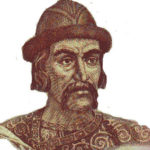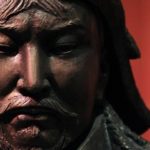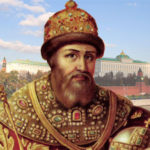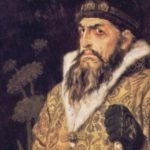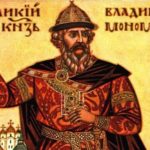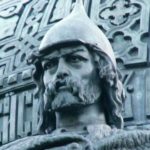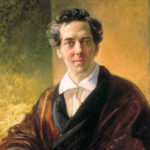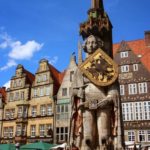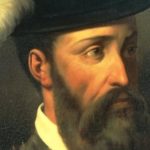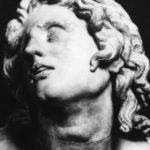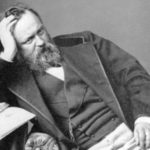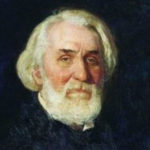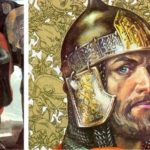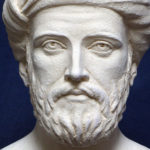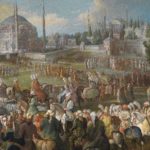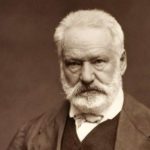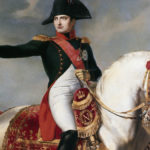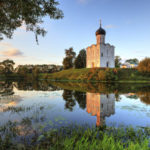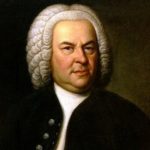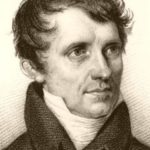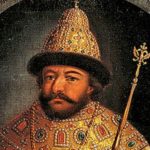Facts from the life of Charlemagne
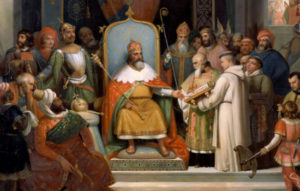 The sovereign of a huge empire, Charlemagne, left a noticeable mark on history. It was this king of the Franks who founded the new dynasty and laid the prerequisites for the future unification of the scattered European possessions in a number of states. Modern French are very proud of their compatriot, respectfully calling him Charlemagne, and his life is still the subject of many scientific debates.
The sovereign of a huge empire, Charlemagne, left a noticeable mark on history. It was this king of the Franks who founded the new dynasty and laid the prerequisites for the future unification of the scattered European possessions in a number of states. Modern French are very proud of their compatriot, respectfully calling him Charlemagne, and his life is still the subject of many scientific debates.
His father was the famous Pepin the Short, in whose honor the dynasty was named Pipinida. True, already his son, who became Charlemagne, became so famous that the dynasty was quickly renamed Carolingian.
King Charles had a brother who shared his father’s inheritance with him after his death. However, the relationship between the brothers went wrong, and it was going to war when the brother of Charlemagne suddenly died. Historians believe that the king himself was not involved in his death.
Karl deserved the nickname “The Great” while he was still alive, and this was not enough for anyone. Is that Catherine II and Alexander the Great, whom Western historians also call the Great.
It is not known for certain where exactly Charlemagne was born. Most researchers agree that the future emperor was born in the city of Aachen. The residents of Aachen themselves consider the same.
Charlemagne was married 6 times. In addition, at least three of his mistresses are reliably known.
One of the sons of Charlemagne, Pipin the Brokeback, subsequently tried to overthrow his father, but his attempt failed, and Pepin was imprisoned in the monastery until the end of his days.
For several decades, Charlemagne tried to conquer Saxony. He managed to conquer it, but uprisings continued to flare up there constantly.
Having conquered the kingdom of the Lombards, Charlemagne proclaimed himself their king, and made the former king his vassal. He also bore the title of Duke of Bavaria.
Supporting Pope Pimsky, Charlemagne achieved that he was officially proclaimed Emperor of the West.
During the life of Caral the Great, his possessions were almost as extensive as those of the Western Roman Empire. He himself considered himself her successor.
The French emperor Napoleon Bonaparte considered it was Charlemagne as his idol.
The unification of lands under his rule, Charlemagne began with the lands of the Franks, annexing his brother’s possessions to his kingdom after he passed away.
After suppressing a rebellion in Saxony, Charlemagne ordered that in one day about 4,500 prisoners of war recognized as the instigators of the insurrection be beheaded.
Judging by the surviving chronicle sources, the emperor was not trained in reading and writing. However, he could read Latin.
The most famous military defeat of Charlemagne’s troops was the battle in the Ronneval Gorge, when his army was defeated by the Spanish Basques. These events formed the basis of the poem “The Song of Roland”.
Charlemagne added to his possessions the Italian territories, as well as most of modern France.
He led wars throughout most of his life. Charlemagne spent nearly forty years in continuous battles.
Being a zealous Christian, the emperor especially honored Christmas, and tried to make sure that important events were held during the Christmas holidays.
Particularly stubborn struggle of Charlemagne was against recalcitrant pagan Saxons. This probably laid the foundation for the crusades to the East, which began much later.
The troops of Caral the Great fought with representatives of a dozen nations, including the Eastern Slavs.
In the last 10-15 years of the reign of Charlemagne, the constant attacks of the Vikings became a serious problem. The Norwegians and Danes arrived on the shores of the Franks on the Drakkars, plundered the cities and went back to their harsh lands.
Being not a very literate man, Charlemagne, however, ordered all noble children, including his own, to study and study the basic sciences of those years.
The chronicles describe Charlemagne as a mighty warrior, and, apparently, they are not far from the truth. Archaeologists who studied the remains of the emperor, found that his height was 192 centimeters, and he was strong and strong.
It was Charlemagne who became the first European emperor since the days of ancient Rome.
After his death, the emperor decided to divide his possessions among his sons, which was done. As a result, he created a huge empire fell apart.
